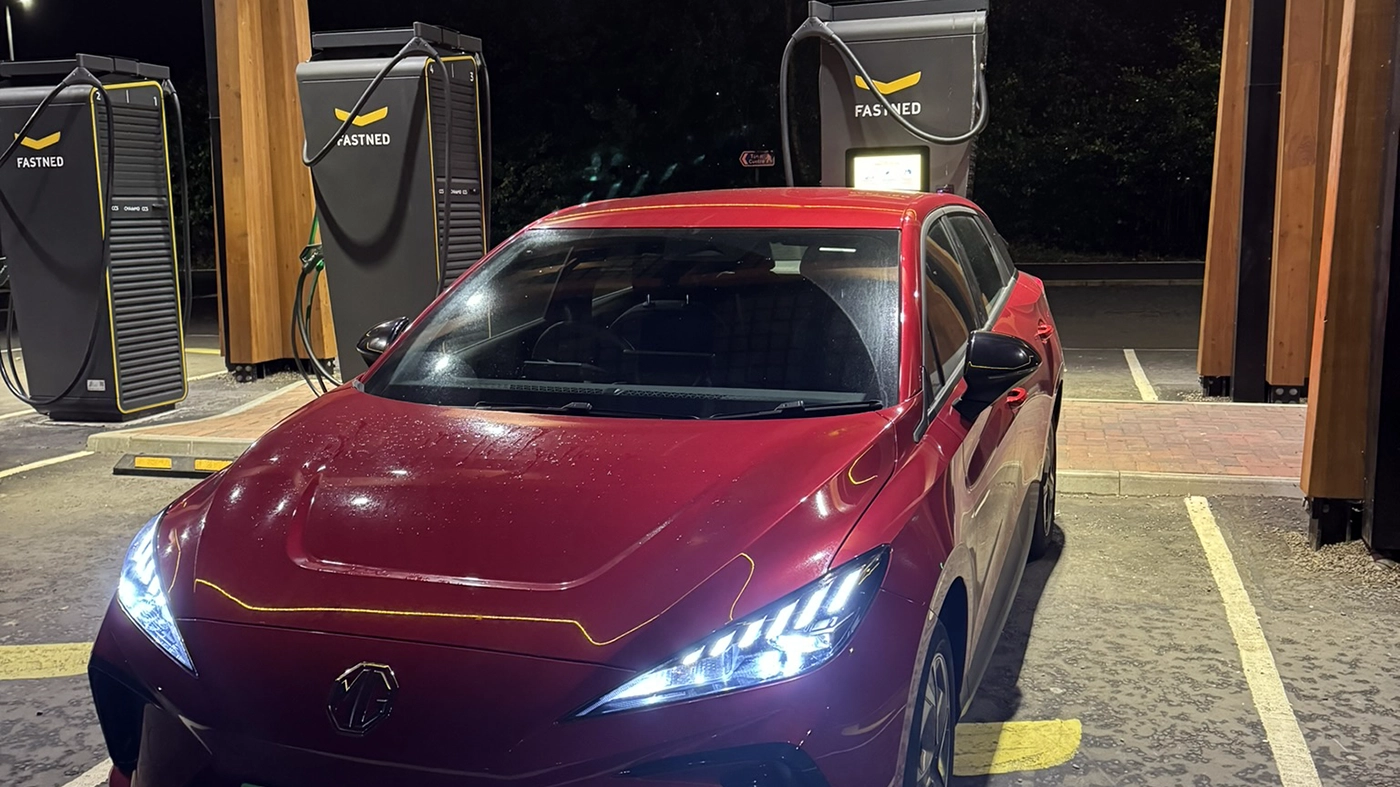Drivers of electric vehicles (EVs) will become subject to a new tax for every mile they drive. Taking effect in April 2028, EV drivers will have to pay a new levy of up to 3p per mile.
Fully electric battery vehicles will be subject to the full 3p per mile tax, while plug-in hybrid vehicles will have to pay a reduced rate of 1.5p per mile. These rates will increase each year in line with inflation, as measured by the consumer prices index (CPI).
The new levy was designed to provide a rough equivalent to fuel duty, which is paid by drivers of petrol and diesel vehicles on each litre of fuel. The 3p per mile charge is around half the equivalent cost of fuel duty per mile.
The average driver of a fully electric car, travelling 8,500 miles a year, can expect to be charged around £255 in the 2026/27 tax year under the new regime.
The government is in the process of consulting on the policy, but anticipates that mileage will be self-reported, possibly during an annual MOT, with “no requirement to report where and when miles are driven or install trackers in cars”.
The Office for Budget Responsibility (OBR), the UK’s fiscal watchdog, says the measure will raise around £1.1 billion in the 2028-29 tax year, rising to £1.9 billion in 2030-31.
However, the OBR has also warned that the new measure is “likely to reduce demand for electric cars as it increases their lifetime cost,” expecting 440,000 fewer electric car sales by 2030/31.
Meanwhile, the chancellor also announced that the UK’s electric vehicle grant, worth between £3,500 and £7,500 depending on the model, will be extended until at least 2030.



